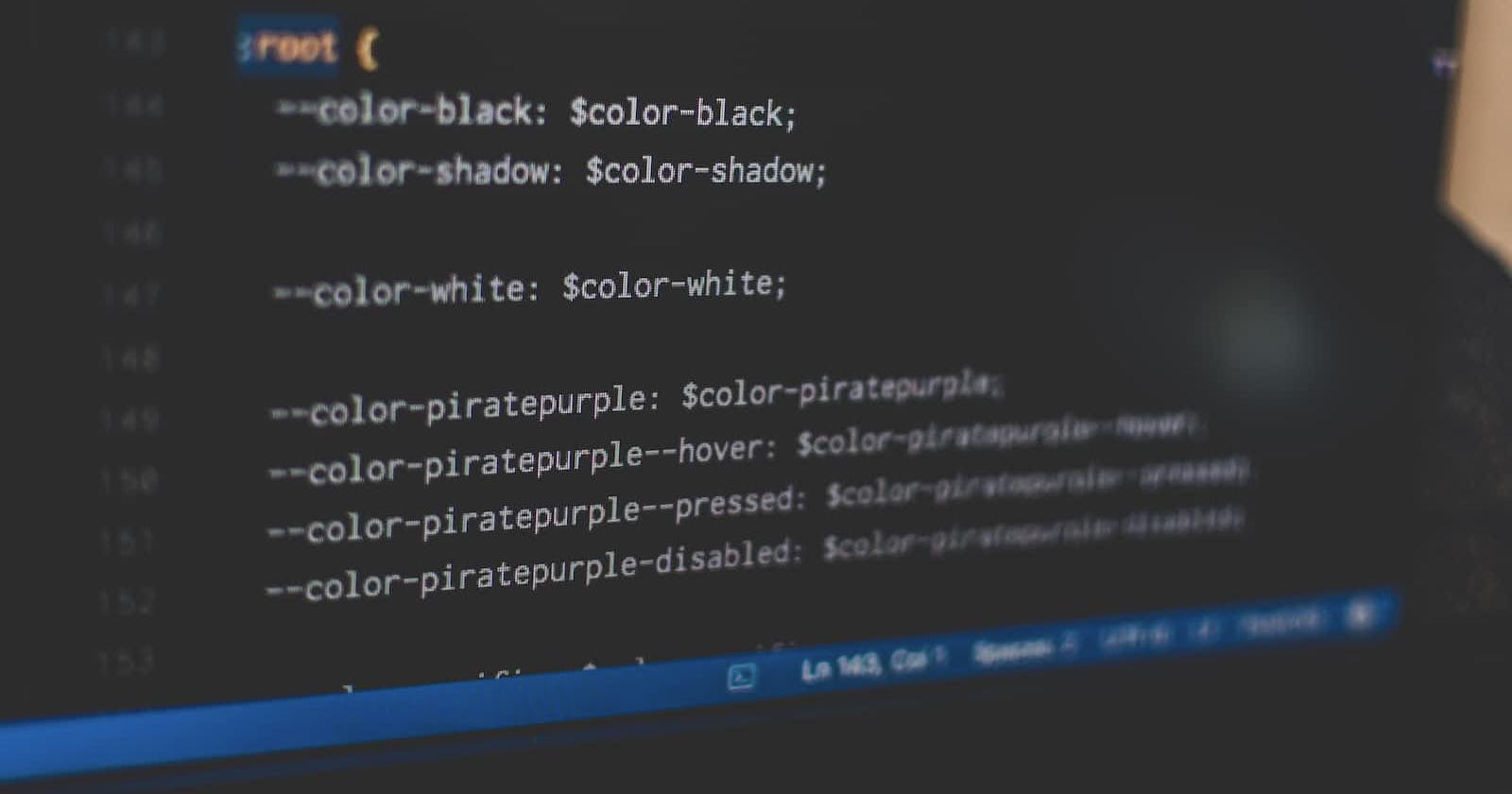Writing clean and maintainable code is a fundamental principle in software development. One crucial aspect of clean code is choosing appropriate and descriptive variable names. Well chosen variable names enhance code readability, understandability, and maintainability. In this article, we'll delve into the best practices for choosing good variable names to create clean code.
1. Be Descriptive and Meaningful
Variable names should accurately represent the data or purpose they hold within the code. Choose names that clearly describe the information the variable holds or its purpose in the program. For instance, instead of using a vague name like temp, use temperatureInCelsius.
2. Use Intention-Revealing Names
Names should convey the intent of the variable. Consider what the variable is for or what it represents within the context of your code. This aids other developers (and even yourself in the future) in understanding the purpose of the variable without delving into its implementation.
3. Avoid Ambiguity
Steer clear of ambiguous or misleading names. A variable name like data or info doesn't provide enough information about what the variable holds or represents. Opt for names that are explicit and eliminate any potential confusion.
4. Follow a Consistent Naming Convention
Consistency in variable naming is key to maintaining clean and understandable code. Adhere to a consistent naming convention, such as camelCase, snake_case, or PascalCase, depending on the language or project standards. Consistency promotes code uniformity and helps developers easily understand and navigate the codebase.
5. Choose the Right Length
Variable names should be long enough to convey their purpose but not overly verbose. Aim for a length that strikes a balance between descriptiveness and readability. Avoid excessively long names that might make the code difficult to read and maintain.
6. Use Pronounceable Names
Opt for variable names that are easy to pronounce. This may seem trivial, but it can aid in discussions about the code among team members. If a name is difficult to pronounce, it may be a sign that the name is too complicated or not well-suited for its purpose.
7. Avoid Abbreviations (Unless Commonly Accepted)
While abbreviations can save typing time, they often reduce code readability. Avoid using uncommon or cryptic abbreviations. If abbreviations are widely accepted and well-known in the domain or industry, then they might be acceptable.
8. Choose Specific Names over General Ones
Be specific when naming variables. Instead of using a general term like value, choose a name that clarifies the type or purpose of the value, like initialValue or finalValue.
9. Refactor and Rename as Needed
As your code evolves, you might find that certain variable names no longer accurately represent their purpose. Don't hesitate to refactor and rename variables to maintain code clarity and consistency.
10. Consider Context
Consider the context in which the variable is used. A name might make sense within a specific function or module but could be misleading if used in a broader scope. Tailor your variable names to the relevant context.

